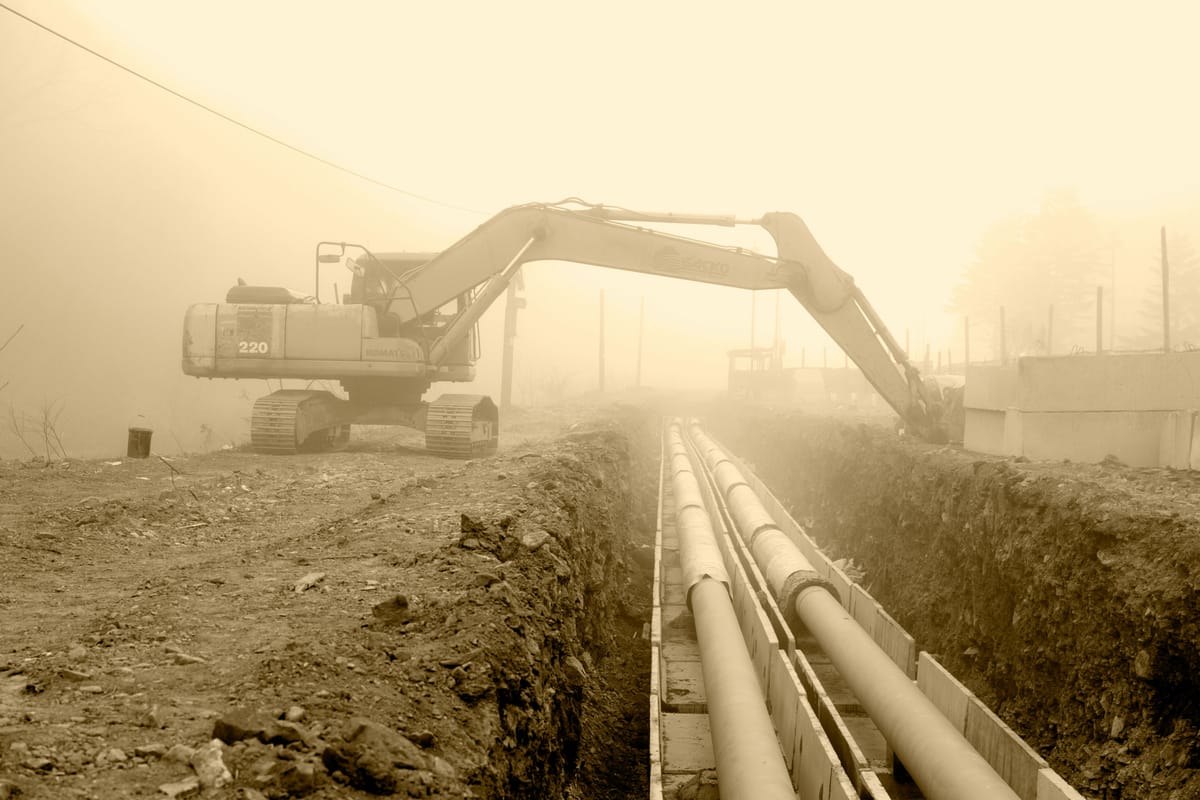Greenpeace on Trial: Energy Transfer Lawsuit Over Dakota Access Pipeline Begins

MANDAN, N.D. — A high-profile lawsuit brought by Texas-based Energy Transfer against environmental organization Greenpeace is set to begin Monday in Morton County District Court. The case, which stems from protests against the Dakota Access Pipeline (DAPL) in 2016 and 2017, has been described as one of the largest trials in North Dakota history.
Allegations Against Greenpeace
Energy Transfer, the parent company of Dakota Access, accuses Greenpeace of orchestrating resistance efforts at Standing Rock and causing financial harm to the company. The lawsuit alleges trespassing, defamation, and coordinated efforts to delay construction through acts of vandalism and disruption. The company originally sought $300 million in damages, claiming that Greenpeace’s actions misled the public and threatened the pipeline’s future.
Greenpeace, however, denies the allegations, arguing that the protests were led by Indigenous groups and environmental activists, not the organization itself. “Standing Rock was one of the largest Indigenous-led protests in history. It was a grassroots-led resistance, and the idea that Greenpeace orchestrated it is a racist attempt to erase Indigenous history,” said Deepa Padmanabha, Greenpeace’s senior legal counsel.
Free Speech or Corporate Retaliation?
Greenpeace representatives assert that the lawsuit is an attempt to silence critics of the fossil fuel industry and discourage activism. “This trial is a critical test of the future of the First Amendment, both freedom of speech and peaceful protest,” said Sushma Raman, Greenpeace USA’s interim executive director.
The case is being heard behind closed doors, with no livestreaming available. Legal experts have questioned whether a county judge in Mandan, a small North Dakota town, has the resources to oversee such a complex case fairly. The trial is expected to last five weeks.
A Fossil-Fuel-Friendly Jury?
Both sides anticipate a jury that may be sympathetic to the oil industry. Energy Transfer has maintained strong ties to local communities, including a $3 million donation to Mandan for library and infrastructure upgrades. Critics argue that such financial influence could sway public opinion and impact the trial’s outcome.
Greenpeace has called the lawsuit an attempt to bankrupt the organization, citing Energy Transfer’s history of aggressively targeting activists. The company previously filed a similar case in federal court in 2017, but it was dismissed in 2019. Energy Transfer later refiled in state court, leading to the current trial.
Broader Legal Battles Continue
The Greenpeace case is one of several legal fights related to the Dakota Access Pipeline. The Standing Rock Sioux Tribe is currently engaged in a separate lawsuit against the U.S. Army Corps of Engineers, arguing that the pipeline is operating illegally. The tribe contends that federal regulators failed to conduct adequate environmental reviews and that the pipeline threatens water sources and sacred lands.
Meanwhile, North Dakota and 13 other states have intervened in support of the pipeline, citing economic concerns. They argue that shutting down DAPL would disrupt transportation networks and harm agriculture and energy markets.
The Stakes
The Energy Transfer v. Greenpeace case is being closely watched by environmental and legal groups. A ruling against Greenpeace could set a precedent for how companies respond to protests and activism. If successful, Energy Transfer’s legal strategy could serve as a blueprint for other corporations seeking to target advocacy organizations through litigation.
The trial is expected to unfold over the coming weeks, but its impact could be felt for years to come.
